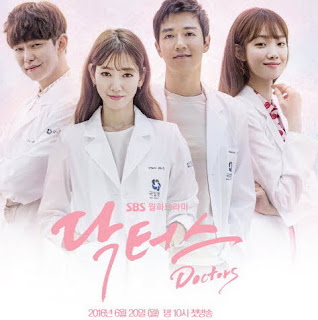Today I want gave my class reflection for week 8. The topic that have been taught was about the curriculum theory.
Theory
A supposition or a system of ideas intended to explain something, especially one based on general principles independent of the thing to be explained.
Sources of Curriculum Theory
Curriculum development work is greatly influenced by the values we bring to the curriculum development process.
-Philosophy
-Change Theory
-Organisational Development Theory
-Group behaviour
-Non-Mainstream
-Change Theory
-Organisational Development Theory
-Group behaviour
-Non-Mainstream
Theory Building
a)Deduction
-Deductive reasoning works from the more general to the more specific.Sometimes this is informally called a "top-down" approach.
-We might begin with thinking up a theory about our topic of interest.
-We then narrow that down into more specific hypotheses that we can test.
-We narrow down even further when we collect observations to address the hypotheses.
-This ultimately leads us to be able to test the hypotheses with specific data.
b)Induction
-Inductive reasoning works the other way,moving from specific observations to broader generalizations and theories.
-Informally, we sometimes call this a "bottom-up" approach.
-In inductive reasoning, webegin with specific observations and measures,begin to detect patterns and regularities,formulate some tentative hypotheses that we can explore,and finally end up developing some general conclusions or theories.
Steps in Theory Building
-Defining terms
-Classifying
-Beauchamp's Process of Building Theory Formulation of definitions:
-Classification of relevent information into categories.
-Utilization of inductive and deductive processes.
-Making of inferences and predictions and testing them
-Development of models
-Sub-theory formation.
Metaphors and Theoretical Camps
-Traditionalists
-Conceptual Empiricists
-Reconceptualists/Critical Theorists
-Postmodernists
a)Traditionalists
-Service to practitioners
-Structural Theorizing
b)Conceptual Empiricists
-Theory produced through research
-Substantive Theorizing (broadly)
c)Reconceptualists/Critical Theorists
-Distance between theory and practice.
-Liberation
-the act or process of freeing someone or something from another's control.
d)Postmodernists
-Many ways to interpret or theorize about curriculum.
Directions for the future
-Curriculum Inquiry
-Conceptualizing the Task
a)Deduction
-Deductive reasoning works from the more general to the more specific.Sometimes this is informally called a "top-down" approach.
-We might begin with thinking up a theory about our topic of interest.
-We then narrow that down into more specific hypotheses that we can test.
-We narrow down even further when we collect observations to address the hypotheses.
-This ultimately leads us to be able to test the hypotheses with specific data.
b)Induction
-Inductive reasoning works the other way,moving from specific observations to broader generalizations and theories.
-Informally, we sometimes call this a "bottom-up" approach.
-In inductive reasoning, webegin with specific observations and measures,begin to detect patterns and regularities,formulate some tentative hypotheses that we can explore,and finally end up developing some general conclusions or theories.
Steps in Theory Building
-Defining terms
-Classifying
-Beauchamp's Process of Building Theory Formulation of definitions:
-Classification of relevent information into categories.
-Utilization of inductive and deductive processes.
-Making of inferences and predictions and testing them
-Development of models
-Sub-theory formation.
Metaphors and Theoretical Camps
-Traditionalists
-Conceptual Empiricists
-Reconceptualists/Critical Theorists
-Postmodernists
a)Traditionalists
-Service to practitioners
-Structural Theorizing
b)Conceptual Empiricists
-Theory produced through research
-Substantive Theorizing (broadly)
c)Reconceptualists/Critical Theorists
-Distance between theory and practice.
-Liberation
-the act or process of freeing someone or something from another's control.
d)Postmodernists
-Many ways to interpret or theorize about curriculum.
Directions for the future
-Curriculum Inquiry
-Conceptualizing the Task










